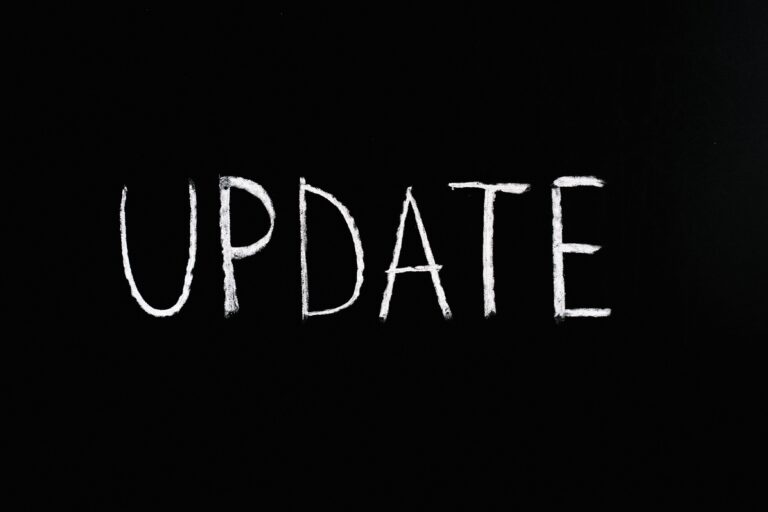
What are Risks of a DIY Estate Plan?
The number of online tools purporting to create estate plans easily and cheaply makes it tempting to forgo working with an estate planning attorney, but the long-term consequences of a DIY estate plan could be disastrous. A recent article from mondaq, “Risks of DIY Estate Planning” takes a close look at what can go wrong.
Estate and tax laws are both complicated and nuanced. Without an experienced estate planning attorney overseeing the creation of an estate plan, a homegrown plan isn’t likely to achieve the desired results. In addition, chances are good it won’t follow state law. If a last will and testament is found to be invalid during probate, it’s as if there was no will at all.
Estate planning needs to be created for each person’s unique situation. Do family members get along, or should the estate plan be designed to be litigation-proof? Are there large assets held in trust or corporations with complex tax consequences? If there are family members with special needs, have the proper trusts been established to protect them over their lifetimes?
Tax planning is often a significant part of an estate plan. Depending on your state and where you own property or businesses, your estate must consider many different types of taxes. Transfer tax, capital gains taxes, income taxes, and estate taxes are just a few of the taxes to be addressed. If the estate plan doesn’t dovetail with tax liabilities, beneficiaries could find themselves with a far smaller inheritance than anticipated.
Today’s modern family is not as straightforward as in the past. Families come in many different variations, all of which have their own special challenges. Blended families are fairly common, and a traditional “I love you” will, where one spouse leaves the other everything and vice versa, may result in some children being disinherited. Same-sex married couples with children need to be sure their children, biological and adopted, are protected with an estate plan designed to protect all members of the family.
Comprehensive estate plans should address asset distribution issues, guardianship for minor children, and name an executor and heirs. A Power of Attorney is needed so spouses may be involved in each other’s healthcare. Living Wills are required to clarify wishes for end-of-life care, as are Advanced Medical Directives. There are a host of documents to be created and decisions to be made, all of which require the knowledge and experience of an established estate planning attorney.
Reference: mondaq (July 1, 2024) “Risks of DIY Estate Planning”



